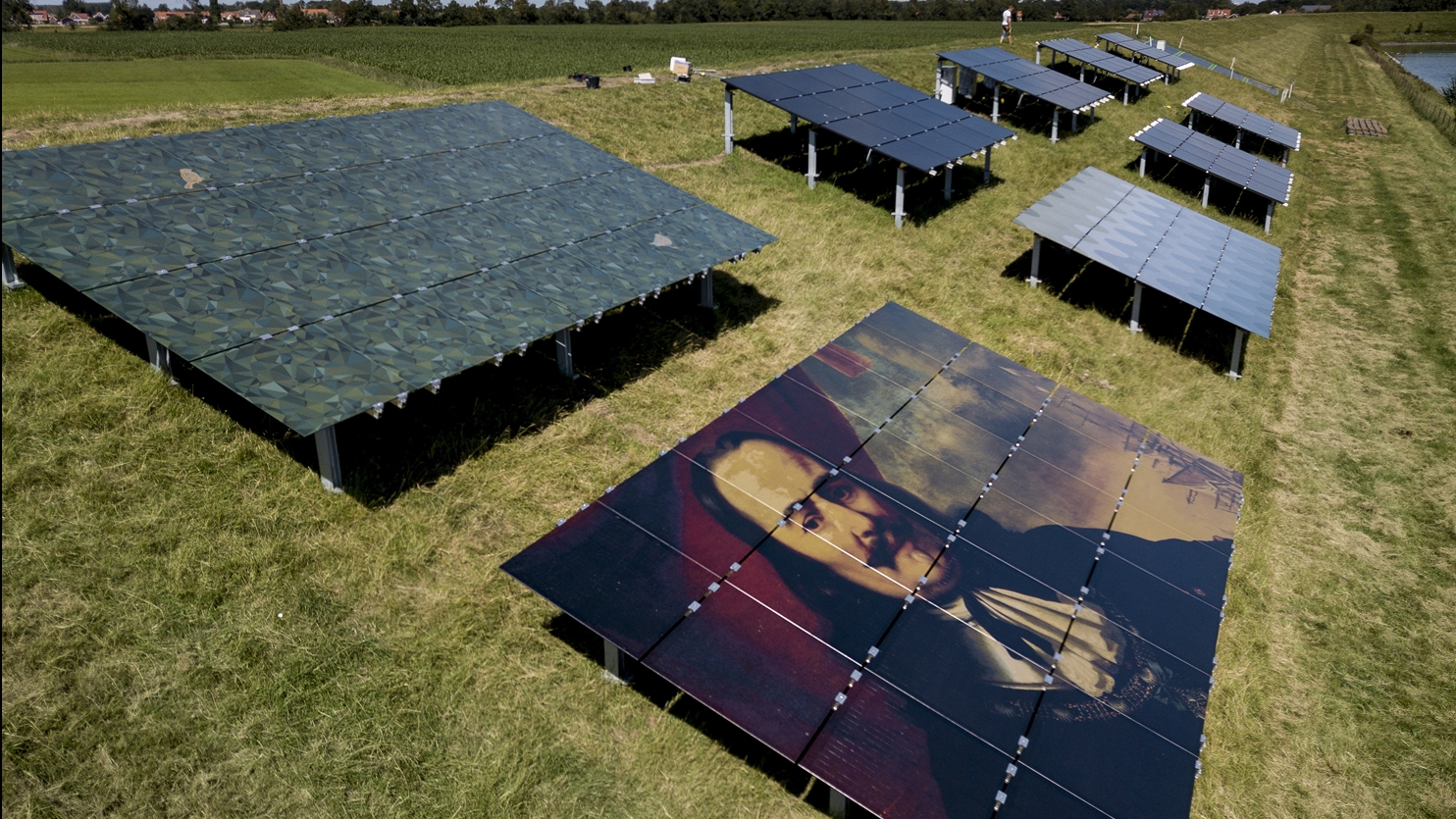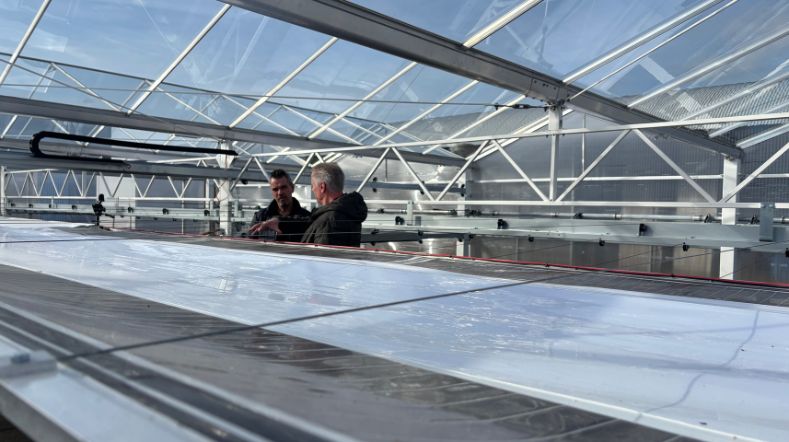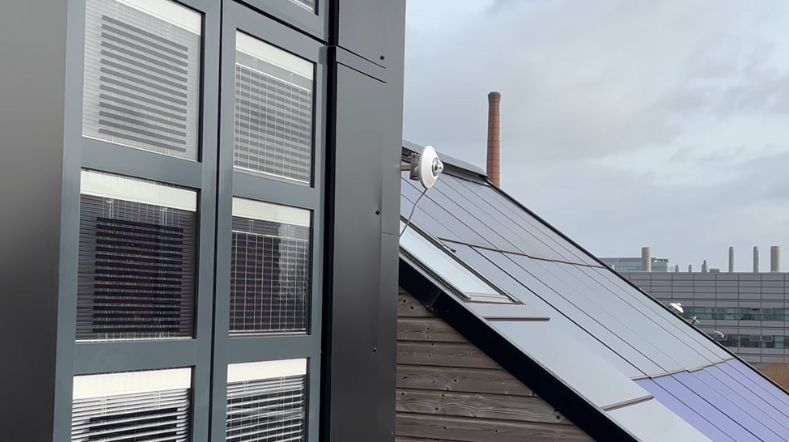
Great potential of solar panel energy generated on dikes
In cooperation with
Consortium 'Zon op dijken'
Our country has some 17,000 kilometres of flood defences, mainly dikes. Of these, some 1,600 are, in principle, suitable for installing solar panels. But how would that affect the safety of the dike? Would they fit into the landscape? Would the energy yield outweigh any possible drawbacks? TNO is working with partners to find the answers to these questions.
This is taking place in the three-year ‘Solar panel dikes’ ('Zon op dijken') project in a consortium with Stichting Toegepast Onderzoek Waterbeheer (STOWA), Wageningen University & Research (WUR), Deltares, Arcadis and a number of other companies. There are now two pilot locations, an inner dike near Ritthem in Zeeland and the Knardijk near Zeewolde in Flevoland, where various types of solar power systems are being tested on dikes.

Three gigawatts possible
Solar power systems represent one of the many applications of solar energy on land that TNO is investigating. Others are the incorporation of PV modules in facades, roofs, road surfaces, bicycle paths, noise barriers and even in the bodywork of cars. Dikes could eventually be good for an installed capacity of at least three gigawatts (GW). By way of comparison, a total of about eight GW of solar energy is currently installed in the Netherlands.
Different types and conditions
In the pilots, researchers from TNO, WUR and Deltares are investigating the effects of installing solar panels on a dike. TNO, which is coordinating the project, is mainly concerned with measuring the yield of different types of systems in different weather conditions. Various companies have developed dike specific systems. WUR and Deltares are focusing mainly on safety. The question is how the dike will hold up when covered with solar panels, how the turf will react to less light or a different incidence of light and whether this will affect safety. For the water boards, as dike managers, the study is also important in order to be able to properly assess applications for permits to install solar panels.
Landscape value
Dikes have been constructed to protect land and residents from the water, but they also have an ecological and landscape value that must be preserved. In addition to energy yield and safety, this aspect is explicitly included in the project. It is important for the participating companies to experience how their panels and systems perform, whether and to what extent the systems and the dike deteriorate, and whether they can make a sound business case.
Large-scale application
The ‘Solar panel dikes' project should ultimately result in the large-scale application of solar power systems on these flood defences, thus contributing to the energy transition. The results of the study will provide dike managers with important information to include the installation of panels alongside the maintenance and reinforcement of their dikes such that renewable energy production and dike safety go hand in hand.
The 'Solar panel dikes' project is financially supported by a subsidy from the Energy Top Sector of the Dutch Ministry of Economic Affairs and Climate.
Get inspired
Shade screens with rollable solar foil combines energy generation with climate control in greenhouses


Building fires with solar panels mapped for the first time


New multifunctional solar window generates energy by reflecting light


Webinar: Solar energy in Brabant - Building a sustainable future for Europe


Reduced energy yield due to rapid shading of solar panels by wind turbines



